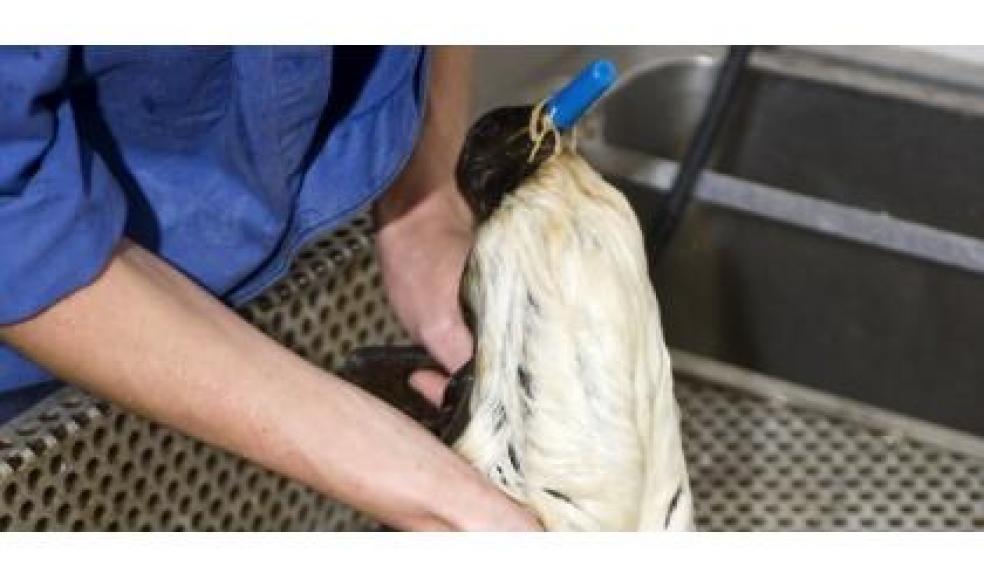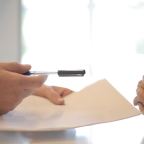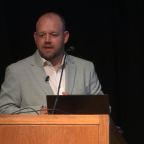
Proper investigation needed after pollution says RSPCA
The RSPCA are calling for an investigation after a pollution spill harmed hundreds of seabirds for the second time in just two months.
More than 170 birds, mainly guillemots, were taken to the charity’s West Hatch wildlife centre in Taunton, Somerset, last week after being found washed up along the south coastline covered in a sticky substance. RSPCA inspectors rescued as many of the birds as they could, but unfortunately many more were found on the beaches already dead.
Experts from Plymouth University today (16 April) confirmed that the pollutant causing such devastating effects was polyisobutene (PIB), the same substance affecting large numbers of birds in February.
Peter Venn, Manager of West Hatch, said: “It was bad enough seeing so many birds come to us in such a terrible state last time – but for it to happen again and so soon is devastating.
“It is a huge concern to learn that it is the same substance coating these birds. We are not just talking about a one-off incident now, but two very similar incidents which have happened in quick succession.
“It makes you wonder whether it could keep on happening unless a serious effort is made to look into where these spills are coming from and how they can be stopped.
“A proper investigation is needed to stop this happening again and again, or else our wildlife are likely to go on suffering and dying.”
A team of six RSPCA inspectors and animal collection officers last week rescued birds on the beaches as far west as Mevagissey and round to Plymouth, Looe and Whitsand Bay.
All were covered in the sticky pollutant, and left in an emaciated state unable to feed for themselves. The vast majority were guillemots but there were also some gannets, a fulmer and an arctic skua.
Staff at West Hatch have been working round to care for the birds. They first tried to clean the birds with normal soapy water, which was not successful in removing the sticky substance. They then used margarine, which was far more effective in removing the substance.
Anyone who finds a bird covered in the chemical should contact the RSPCA on 0300 1234 999 and should not try to touch the birds or catch them.











